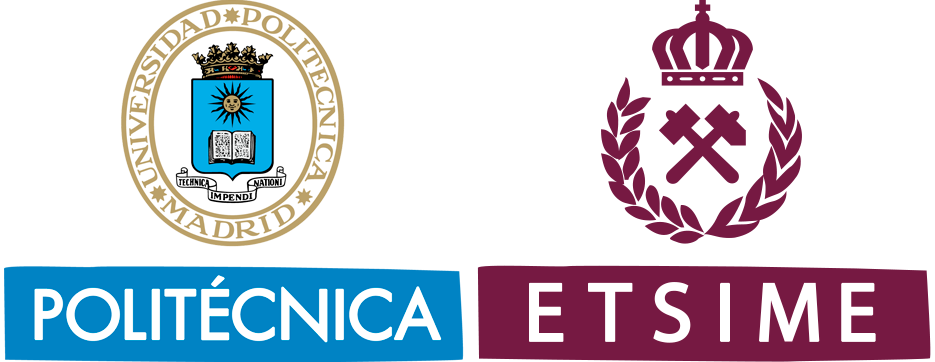Goals
The main objective is to offer engineering students training in applied ethical criteria. This implies comprehensive training in values that transmits to them the need to adhere to ethical codes and good practices in all their activities, and that includes the creation of social value as an inherent condition of any of their actions.
Strategies
Inside the reflection area, the aim is to debate principles, the consequences of their applications or their omissions, so that students become aware of values that enrich their training.
From the perspective of training and applications area It is about students applying and developing the selected values in initiatives with broad social content.
In it conference area, the extension of debates is promoted with a broader cast of actors and in more complex environments, both due to the diversity in the qualifications of the main agents and a greater extension in the panoply of interests that intersect in the debates.
Meaning and location in the Curriculum. Context in the degree
A conscious training of the existence of human error is needed that allows students to incorporate a grounded methodology of action into their behavior, which helps them eliminate the noise and think about the origin of the problem in order to act directly on it.
One of the main causes of the lack of ethical awareness among students is the lack of ethical attitudes based on responsibility and ignorance on the part of teachers.
Thus, the main reason for students not to get involved in a participatory system is the fact that the curricula do not facilitate this task, or that there are no channels for participation.
Likewise, in the transversal activities that are organized, a lack of thinking is observed in the main user of the University, the student. In certain conferences and seminars, 40% of the time is spent on presentations and acknowledgments, focusing more on the image of the University than on the student's impression. Adequate time is not offered for a true exchange to take place.
The students, for their part, point out the incoherence of the University in its conduct on ethical issues, resource consumption, energy savings and efficiency, staff training, concern for the student, etc. Furthermore, there is no effective cooperation between departments within the Schools themselves and synergies are hardly established between the different Schools for joint collaborations.
Currently, the relations established by the University with the outside world are relatively low. 75% of teachers are dedicated solely to teaching and this is detrimental to the quality of teaching. Students are not realistically allowed the possibility of combining studies and work.
The relationship that the contents of the subjects taught at the University have with real-life problems is often distorted. Students are not told about the human factor nor are they taught to consider it as an intrinsic requirement for any professional performance. Although ethical and values training is integrated based on the values already existing in the person who receives it, it introduces some springs into human action that facilitate the medium and long-term success of the actions carried out. However, the main and sometimes only value that usually leads to the sure short-term success of projects continues to exist in the society in which we live; the money.
Upon leaving any university degree, students should have comprehensive training regarding professional ethics, and the gains that are obtained with its correct application. To do this, access must have been generated to conflictive situations in which different alternatives for action have had to be considered, with constant exposure to the belief in the correctness of their ideas, and assessment of the consequences of each action, in the short, medium and long term. long term. This will facilitate the instinctive integration of this valuation procedure, in a similar way to the process that occurs with the economic valuation of a project.
To a large extent, the lack of teaching of this discipline is due to the lack (or loss) of a quality approach, global thinking, (despite being in a globalized society) and knowledge of what success means to medium and long term, which can be obtained with a practical application of certain values, in the private sector, in administrations, and often even in the field of cooperation.
A vicious circle has been generated, in which in the three areas of action what is urgent is demanded, a visible result at the end of the year (annual report of the company), at the end of the electoral period (balance of legislature), or at the end of a project or cooperation agreement (indicators and sources of verification) and as happens with the problem of environmental sustainability, so does the neglected social aspect. The example closest to the citizen is the design of electoral programs. It is unthinkable to make a program in any area for 10 years, and think that after a change in the leading human resource, the essence will be preserved, let alone the programmed actions.
Society, the citizens that are being formed, need this ethical impulse to get out of negative models and initiate new orders of things. The lack of demand and the comfort of the system means that this problem is not thought about more than is absolutely essential and that serious training on these issues is not advocated.


